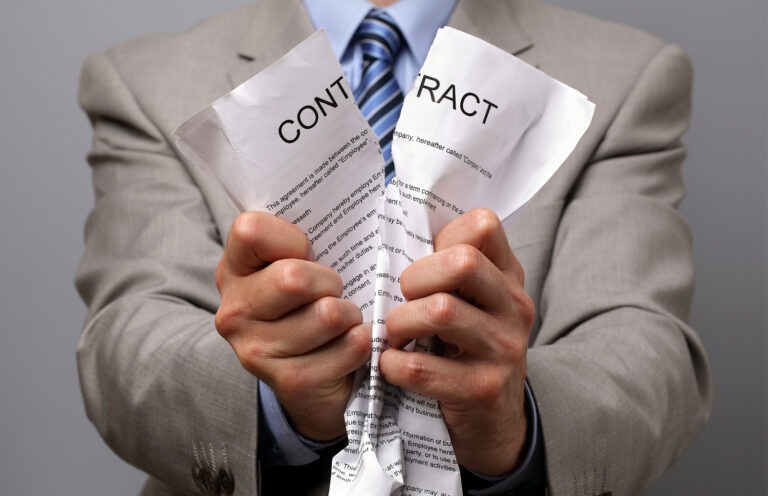Examination Under Oath for Property Insurance Claim
When you file for a claim on your insurance policy, the provider will assign a claims adjuster to get the details of your claim, along with any supporting documents or evidence. Claims adjusters tend to get you to say or do something that can lessen or reject the insurer’s liability. After all, insurance companies are for-profit entities.
In some cases, the claims adjuster may ask you to undergo an examination under oath (EUO). In a EUO, the insurer will have an attorney carry out what is basically an interrogation that can last for hours. It may be done in an attorney’s office or in a court chamber, but the proceedings will be transcribed by a court reporter. You, of course, will be under oath, to tell the truth.
This may seem like an extreme step, but it usually indicates that the insurer suspects you’re being uncooperative or involved in deceit, fabrication, or outright fraud. If you refuse the EOU, your claim will be immediately forfeited.
If you’ve been summoned to an examination under oath for a property insurance claim you’re pursuing in the Dallas-Fort Worth area of Texas, contact me at the Hoch Law Firm, PC. I am a property insurance and personal injury attorney familiar with insurance company tactics.
If you’re facing an EOU, it can be a time of high stress and anxiety. Reach out immediately so I can advise and attend the EOU with you to help keep the proceedings honest.
History of Examinations Under Oath
The reason insurance companies can order you to an examination under oath is contained in the wording of your policy, which is like a binding contract. More than 130 years ago, the U.S. Supreme Court ruled on the right of insurers to enforce EOUs as a contractual obligation. In the case of Claflin v. Commonwealth Insurance Co., the court upheld provisions in insurance policies requiring in-person testimony. It also ruled that failure to cooperate basically cancels the policy.
Here’s another somewhat surprising feature of the EOU mandate, since it is considered a contractual obligation, you are not allowed to invoke the Fifth Amendment’s right to silence. You will be required to answer every question truthfully. And remember, what you say will be transcribed by a court reporter, so there is a record of all your answers.
Reasons an EUO May Be Ordered
The simple answer here is that the insurance company doesn’t believe you for any number of reasons, including that they think: You misrepresented the cause of the loss or damage. You made misrepresentations in your policy application. You committed a crime related to the policy.You committed fraud.You’re demanding more than is warranted for your loss or damages. You have not answered the insurer’s requests for information or documentation. You have hired a contractor, adjuster, or another expert who has a bad history with the insurance company or has a history of red flags.
Preparing for an Examination Under Oath
The first step is to seek legal counsel and advice. The insurer is counting on your being nervous and intimidated throughout the whole process. They hope your mental and emotional state will lead you to reveal information you might not otherwise or even get you to start admitting some degree of fault. Your attorney can walk you through what to expect and then be present during the EOU to keep the other side honest.
Also, you don’t need to appear at the exact date and time the insurer initially sets. You have a life of your own, and you and your attorney can negotiate a date and time more appropriate. Pushing the EOU back also gives you more time to practice what you’re going to say.
As part of the examination, you will be asked to provide supporting documents, and if the insurer doesn’t demand certain documents when requesting your appearance, you should assemble all supporting documents and bring them with you. These documents can include but are not limited to:Medical records for injury claims. Repair records/receipts. Bank records.Tax returns. Financial records. Telephone records. Social media records. Documents from past insurance claims. Anything directly related to the nature of your claim.Your attorney can advise and guide you on which records and documents you need to bring with you.
Protect Your Rights With an Attorney’s Support
An examination under oath is not the same as a trial. Your attorney can attend with you but cannot object to any questioning or intervene in any other way, but the presence of an attorney will send a message to the insurer’s attorney and representatives that you’re taking everything seriously and expect to be treated with respect.
If you’ve been requested to attend an examination under oath in or around Dallas-Fort Worth, contact me immediately, and let’s prepare for the questioning. We can rehearse possible questions and how you should answer them in an honest fashion that nonetheless protects your rights. I can also attend the EOU with you. Reach out to me at the Hoch Law Firm, PC, with all your insurance questions and concerns.
5616 Malvey Ave
Fort Worth, TX 76107





